Fin de siecle Austria-Hungary
Explore the best books on fin de siècle Austria-Hungary, featuring captivating histories, cultural insights, and literary masterpieces from the Habsburg Empire's twilight era.
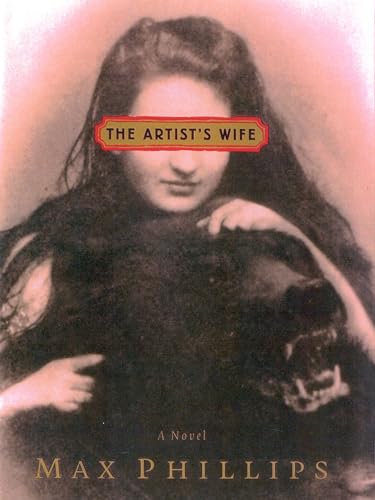
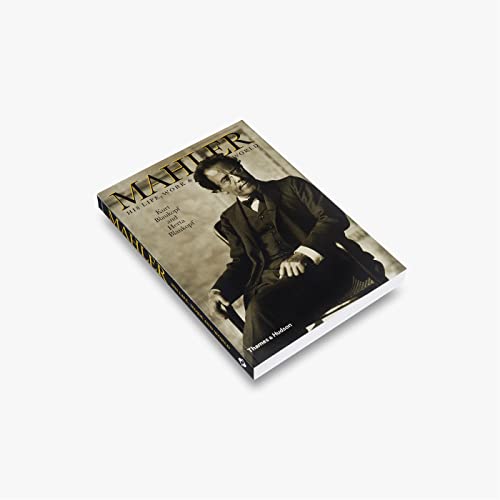

Book
Thunder At Twilight
by Frederic Morton
From the author of A Nervous Splendor, a dazzling portrait of the epicenter of the apocalypse that was World War I
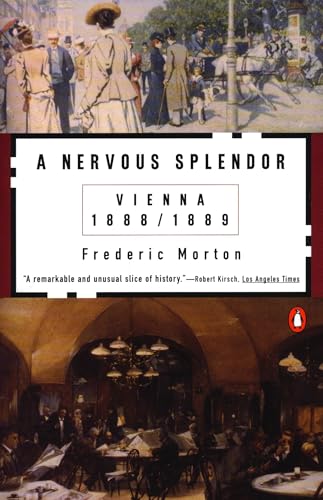
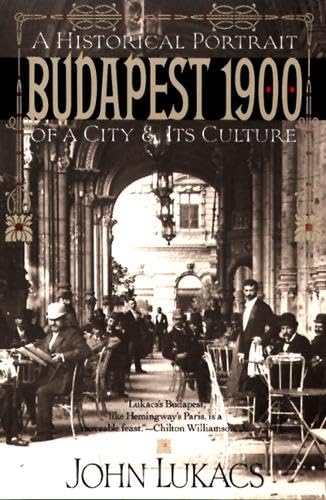
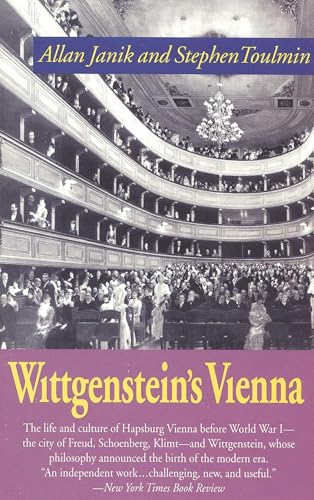

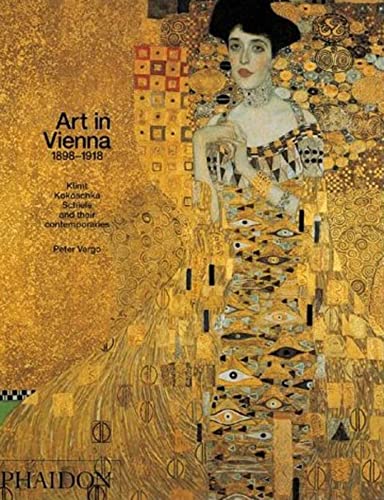


Book
The Radetzky March
by Joseph Roth
The Radetzky March, Joseph Roth's classic saga of the privileged von Trotta family, encompasses the entire social fabric of the Austro-Hungarian Empire just before World War I. The author's greatest achievement, The Radetzky March is an unparalleled portrait of a civilization in decline, and as such a universal story for our times.

Book
The World of Yesterday
by Stefan Zweig
Stefan Zweig (1881–1942) was a poet, novelist, and dramatist, but it was his biographies that expressed his full genius, recreating for his international audience the Elizabethan age, the French Revolution, the great days of voyages and discoveries. In this autobiography he holds the mirror up to his own age, telling the story of a generation that "was loaded down with a burden of fate as was hardly any other in the course of history." Zweig attracted to himself the best minds and loftiest souls of his era: Freud, Yeats, Borgese, Pirandello, Gorky, Ravel, Joyce, Toscanini, Jane Addams, Anatole France, and Romain Rolland are but a few of the friends he writes about.
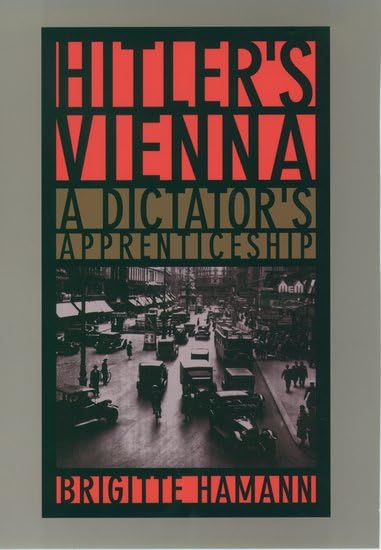

Book
Fin-De-Siecle Vienna
by Carl E. Schorske
A Pulitzer Prize Winner and landmark book from one of the truly original scholars of our time: a magnificent revelation of turn-of-the-century Vienna where out of a crisis of political and social disintegration so much of modern art and thought was born. "Not only is it a splendid exploration of several aspects of early modernism in their political context; it is an indicator of how the discipline of intellectual history is currently practiced by its most able and ambitious craftsmen. It is also a moving vindication of historical study itself, in the face of modernism's defiant suggestion that history is obsolete." -- David A. Hollinger, History Book Club Review "Each of [the seven separate studies] can be read separately....Yet they are so artfully designed and integrated that one who reads them in order is impressed by the book's wholeness and the momentum of its argument." -- Gordon A. Craig, The New Republic "A profound work...on one of the most important chapters of modern intellectual history" -- H.R. Trevor-Roper, front page, The New York Times Book Review "Invaluable to the social and political historian...as well as to those more concerned with the arts" -- John Willett, The New York Review of Books "A work of original synthesis and scholarship. Engrossing." -- Newsweek